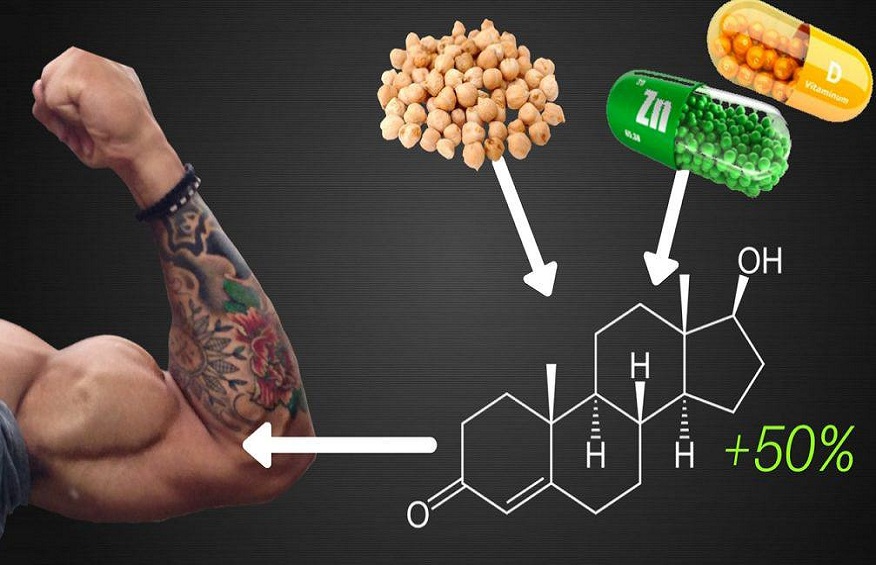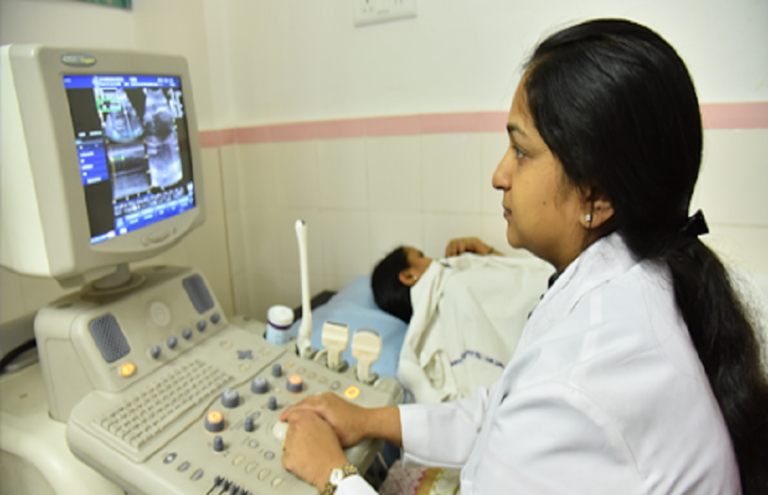
Not many people are aware, points out Evan Bass Tennessee Men’s Clinic that testosterone plays a starring role when it comes to sculpting a strong and chiseled physique. It is interesting to know this hormone not only fuels the growth of facial hair and deepens the voice. It is also significantly responsible for impacting muscle building and athletic performance.
What is Testosterone’s Role?
Testosterone, the anabolic hormone is a naturally occurring hormone that is primarily produced in the testes. It is also present in women’s ovaries but in comparatively smaller amounts. It falls under the umbrella of androgens, which are responsible for the development of male characteristics. This hormone promotes tissue growth, including muscle tissue.
Testosterone in Muscle Protein Synthesis
Muscle growth occurs through a process called muscle protein synthesis. During this process, new muscle proteins are created using amino acids, the building blocks of proteins. The rate of muscle protein synthesis is considerably enhanced with Testosterone. Further, it encourages the body to retain more nitrogen, a critical element for protein formation, thereby facilitating muscle repair and growth.
The Testosterone Effect on Increasing Muscle Mass
Testosterone promotes the production of more muscle proteins informs Evan Bass Tennessee Men’s Clinic. This leads to increased muscle mass over time. This is how individuals with higher testosterone levels tend to have an easier time building muscle.
Adequate testosterone levels aid in faster recovery after intense workouts. This hormone increases muscle fiber size and density, leading to enhanced muscle strength. This strength gain can translate into improved performance during weightlifting and other forms of resistance training.
How to Optimize Testosterone for Muscle Building?
- Regular Resistance Training such as weightlifting, is a potent stimulus for testosterone production. Squats, deadlifts, bench presses, and other such compound exercises are very effective in this regard.
- Variety of workouts prevents plateaus and keeps testosterone levels consistently elevated.
- Adequate rest and sleep are very essential for the purpose. One should aim for 7-9 hours of uninterrupted sleep each night.
- Balanced nutrition is also very vital. One ought to consume a diet rich in protein, healthy fats, and complex carbohydrates. Nutrients like zinc and vitamin D are also crucial for testosterone production confirms Evan Bass Tennessee Men’s Clinic.
- One should how to manage stress if one wishes to maintain optimized levels of the hormone. Chronic stress can lead to elevated levels of cortisol, which can negatively impact testosterone production. Practicing stress-reduction techniques like meditation and deep breathing can help.
- The body fat percentage should always be kept under check.
- It is also vital that one knows how to stay away from overtraining.
While testosterone is crucial for muscle building, it’s important to maintain a healthy balance. While extremely high levels are not good so are very low levels as well. It can lead to negative health effects, including liver damage, cardiovascular issues, and hormone imbalances. Natural methods are always recommended for long-term well-being.
Thus, testosterone is a potent force when it comes to muscle building and athletic performance. Its role in promoting muscle protein synthesis, enhancing recovery, and increasing strength is undeniable. One must remember, consistency and a holistic approach are key to reaping such benefits.






